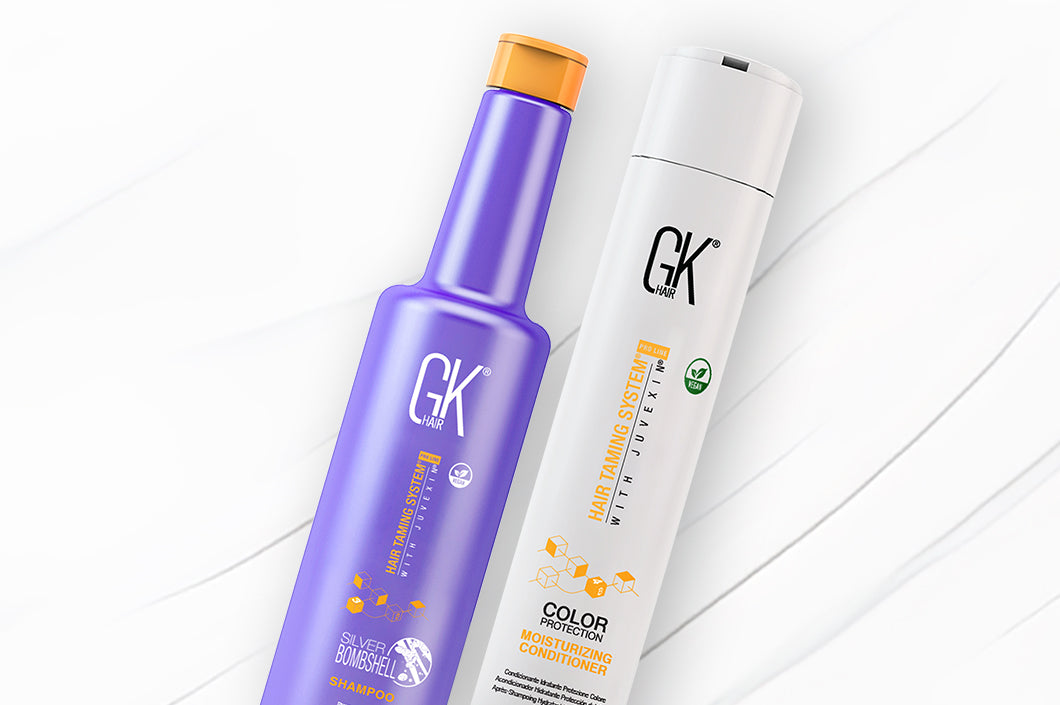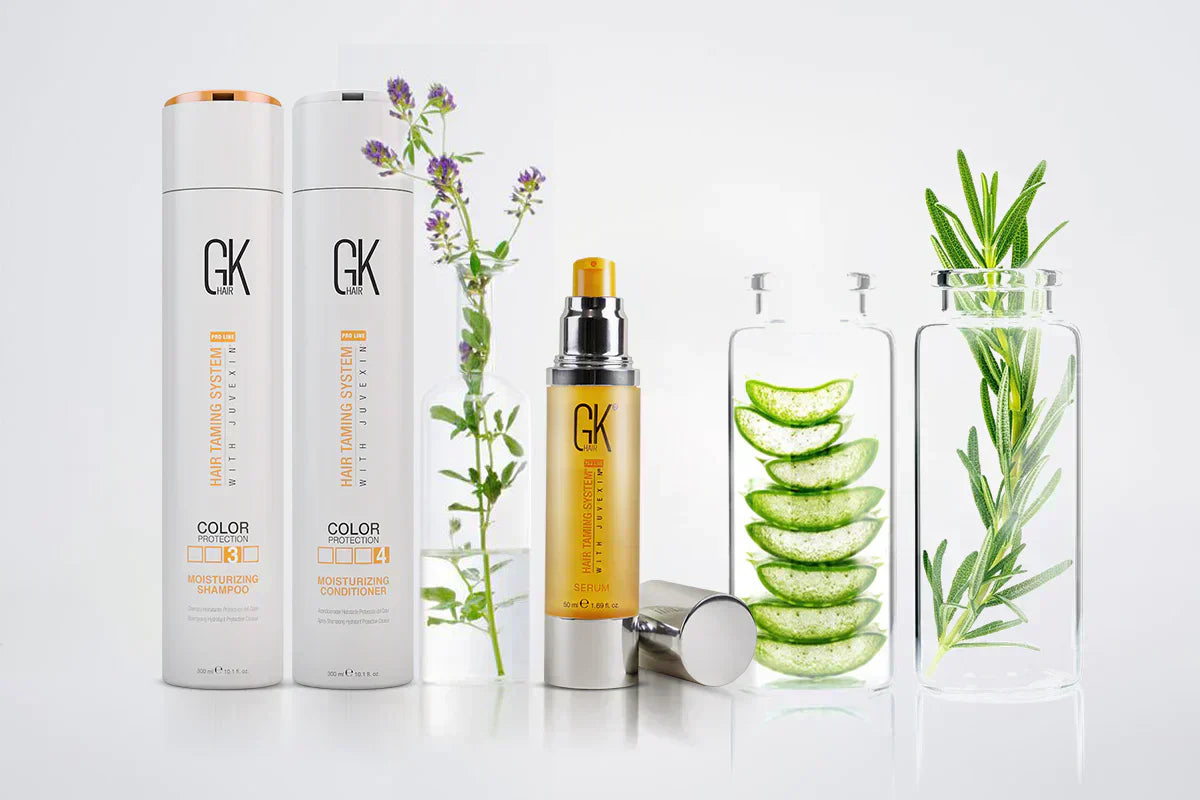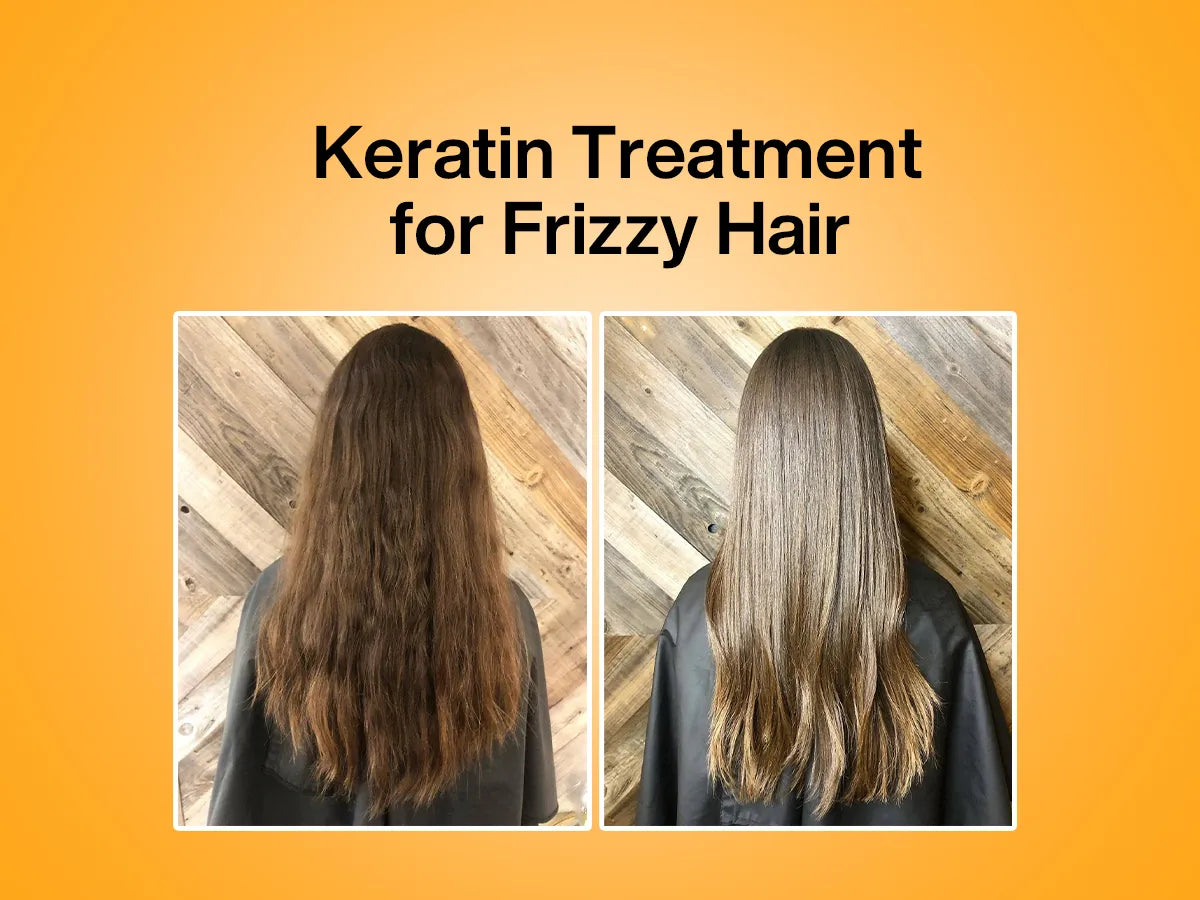Have you ever pondered over the notion of leaving conditioner in your hair overnight? Conditioning plays a vital role in maintaining hair health, but is there a hidden downside to prolonged exposure? Join us on a journey through the world of hair care as we delve into the impact of overnight conditioning and uncover the truth behind this common practice.
What Are Conditioners?
Conditioners are like magic potions for your hair, offering a blend of nourishment and protection. They come in various forms, each tailored to address specific hair needs. From taming frizz to adding a lustrous shine, conditioners work wonders in keeping your locks looking their best.
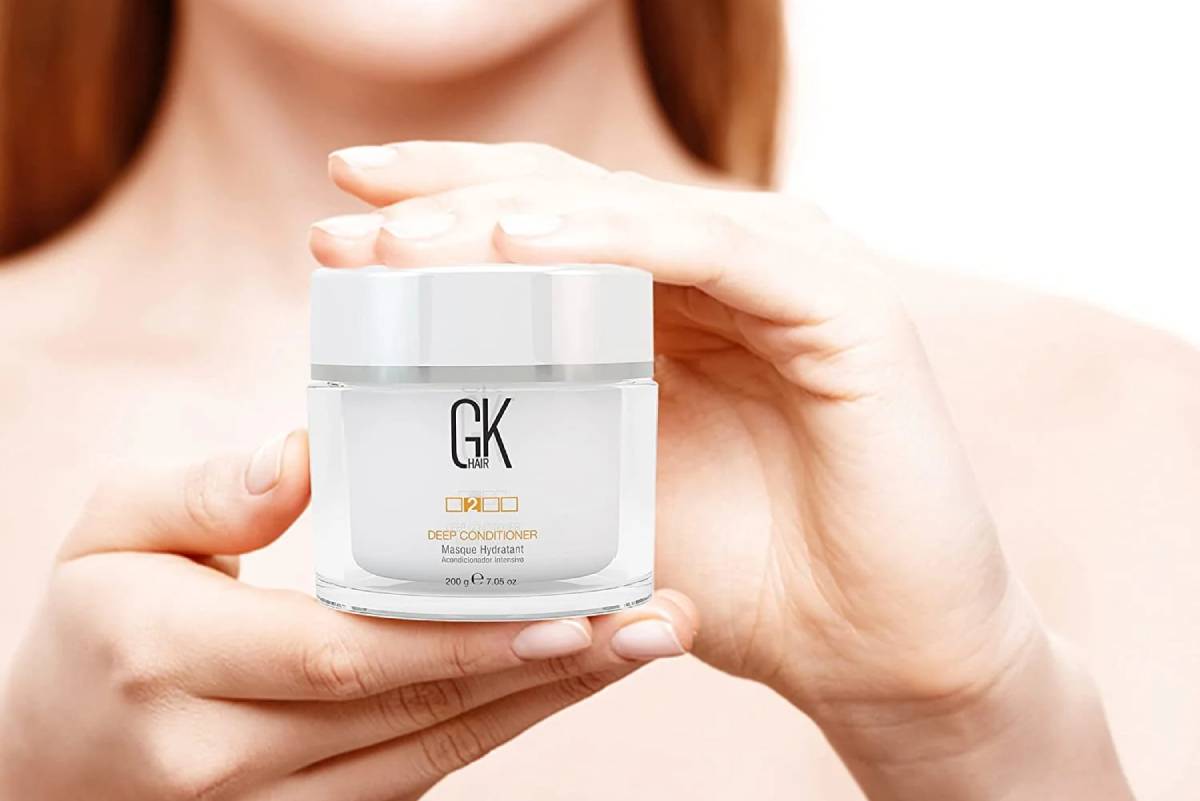
How Does a Conditioner Work?
Conditioners function by creating a protective shield around each hair strand, shielding it from environmental stressors like pollution and heat. At the same time, they infuse moisture into the hair, making it softer and more manageable. Essentially, they act as a barrier against damage while nourishing your locks from within.
Can You Leave Conditioner in Your Hair Overnight?
Dreaming of waking up to gorgeously conditioned hair? While the concept of overnight conditioning sounds like a shortcut to hair perfection, it's important to proceed with caution. Delve into the potential pitfalls of leaving conditioner in your hair overnight and learn why it's best to err on the side of caution when it comes to your hair care routine.
What Happens if You Leave Conditioner in Your Hair?
Leaving conditioner in your hair for prolonged periods can lead to several undesirable outcomes. Let's delve into three potential issues that may arise from this practice and explore why it's crucial to rinse out conditioner according to the recommended guidelines for optimal hair health.
1) Product Buildup
Leaving conditioner in your hair for extended periods can lead to product buildup, especially if the conditioner contains heavier ingredients. This buildup can make your hair feel sticky and stiff, and over time, it may even clog hair follicles, leading to weakened strands that are prone to breakage.
2) Scalp Irritation
Scalp irritation is another possible consequence of leaving conditioner in your hair for an extended period. The accumulation of conditioner residue on your scalp can lead to itching and irritation, making your scalp feel uncomfortable and sensitive. It's essential to rinse out conditioner thoroughly to avoid this issue.
3) Grimy Residue
Leaving conditioner in your hair overnight can leave behind grimy residue, which is a mixture of proteins, silicones, and other chemicals present in the product. Continuous exposure to this residue may lead to undesirable outcomes, including split ends, breakage, allergic reactions, and permanent damage to the hair cuticle.
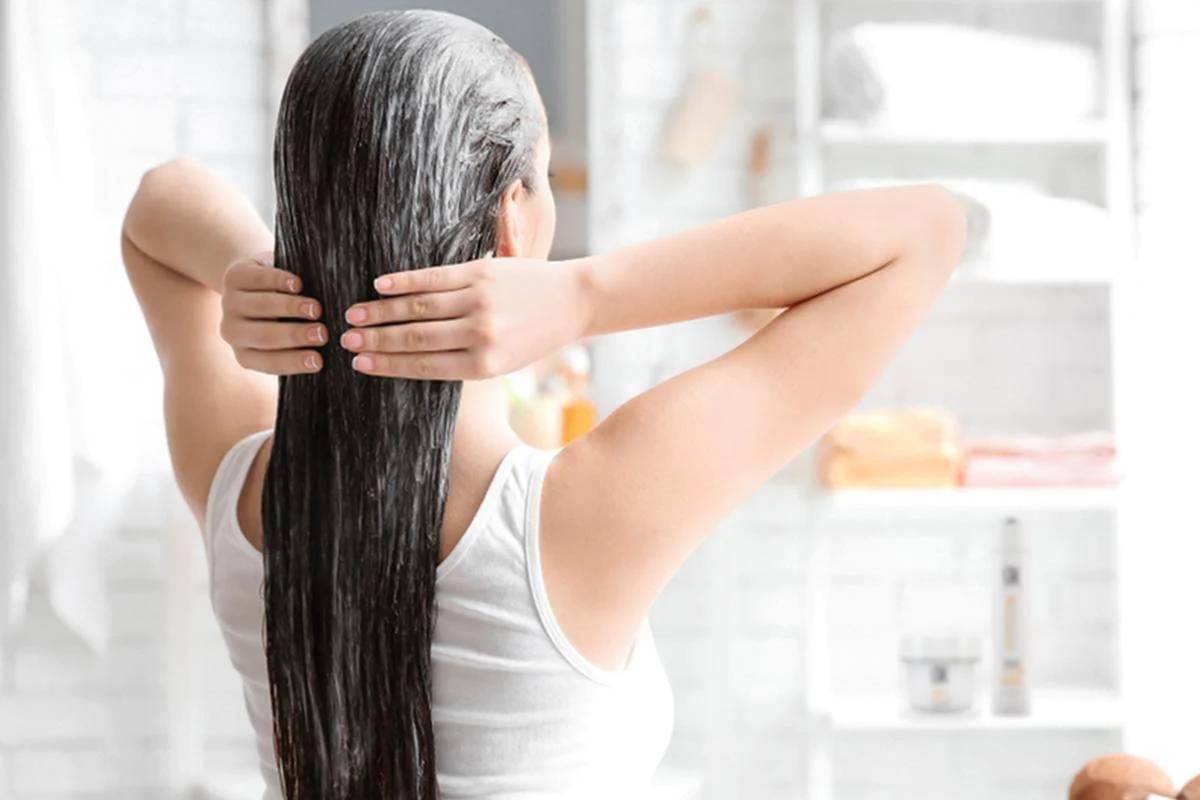
What Is the Right Way To Use a Hair Conditioner?
To use a hair conditioner effectively, start by thoroughly wetting your hair with water. Next, apply shampoo and rinse it off completely. Then, pour a small amount of conditioner onto your palm and apply it to your hair, focusing on the ends while avoiding the scalp. Allow the conditioner to work its magic for a couple of minutes before rinsing it out thoroughly.
How Frequently Should You Apply Conditioner?
Determining how often to use conditioner depends on various factors, including your hair's overall health, texture, and history of chemical treatments. Generally, it's safe to use conditioner after every wash or on days when you skip shampoo. For regular hair maintenance, consider incorporating a deep conditioner once every two weeks and using a regular conditioner after each wash.
Tips To Keep in Mind When Using Conditioners
- Apply from Midsection to Ends: Concentrate conditioner application on the midsection to the ends of your hair. This helps target dry and damaged areas while avoiding excess buildup on the scalp.
- Use a Moderate Amount: Avoid overloading your hair with conditioner. Start with a small amount, typically a quarter-sized dollop, and adjust as needed based on your hair length and texture.
- Perform a Patch Test: If you have sensitive skin or allergies, conduct a patch test before using a new conditioner. Apply a small amount to your inner arm and wait for any adverse reactions before applying it to your hair.
FAQs:
Is it OK to leave a little conditioner in your hair?
Leaving a small amount of conditioner in your hair is generally fine and can provide added hydration and protection. However, it's essential to avoid excessive buildup, which can lead to greasiness and weigh down your hair.
What happens if you don't rinse out conditioner?
Failing to rinse out conditioner can result in product buildup, making your hair feel heavy, greasy, and difficult to style. Additionally, it may lead to scalp irritation and potential long-term damage to your hair strands.
What happens if you accidentally leave conditioner in your hair?
Accidentally leaving conditioner in your hair may lead to product buildup, scalp irritation, and grimy residue accumulation. It's crucial to rinse out conditioner thoroughly to prevent these issues and maintain healthy hair.
Is leave-in conditioner bad for your hair?
Leave-in conditioner can be beneficial for certain hair types and conditions, providing added moisture and protection. However, using too much or applying it incorrectly can lead to greasiness and buildup. It's essential to follow usage guidelines and adjust based on your hair's needs.
Summary
In conclusion, while the idea of leaving conditioner in your hair overnight may sound appealing, it's best to proceed with caution to avoid potential pitfalls. Product buildup, scalp irritation, and grimy residue are among the risks associated with this practice. By adhering to proper hair care guidelines, such as rinsing out conditioner thoroughly, applying it from the midsection to ends of your hair, and conducting patch tests for allergies, you can ensure that your hair remains healthy and beautiful. Incorporate these tips into your routine to achieve the best results and keep your locks looking their best.



